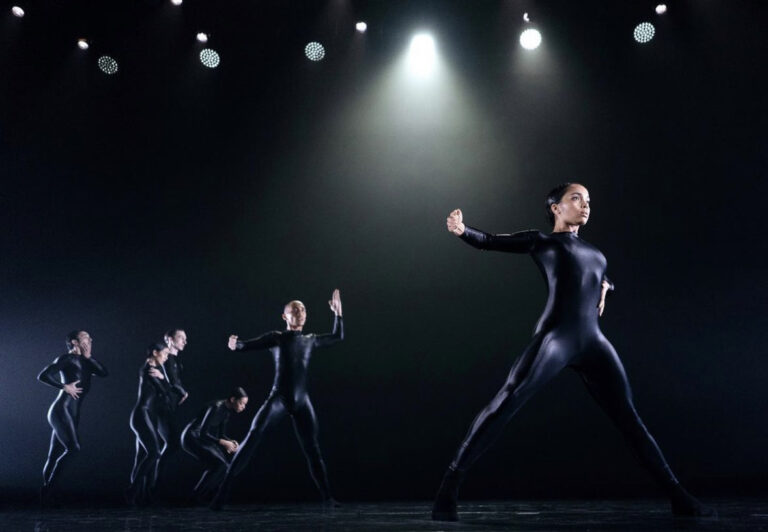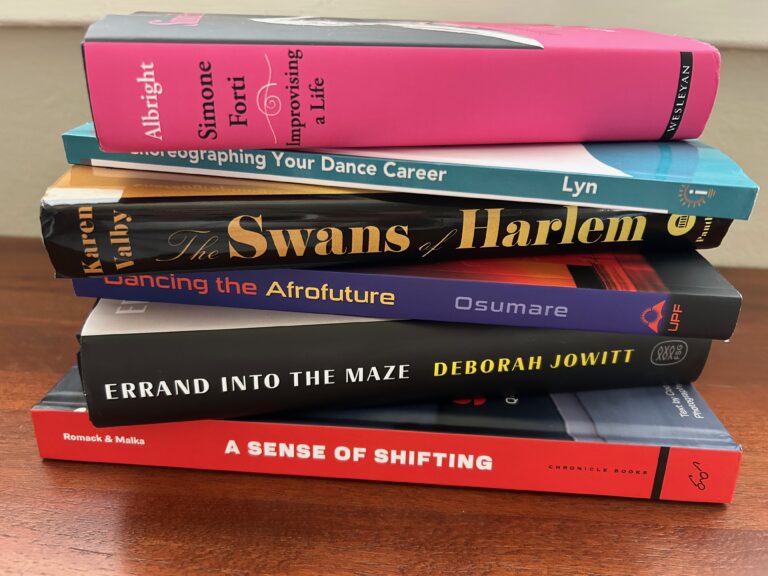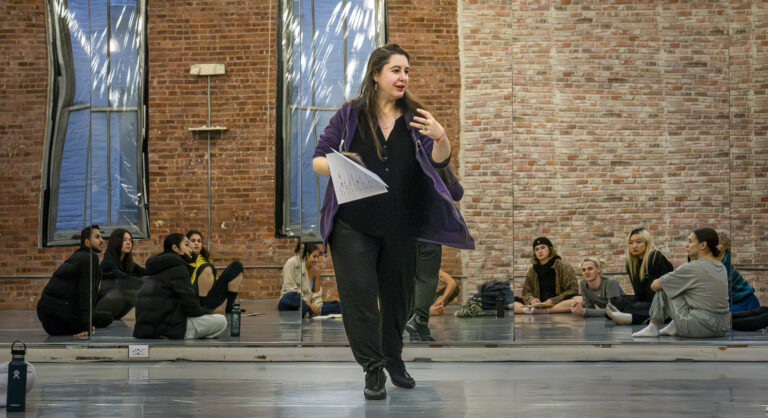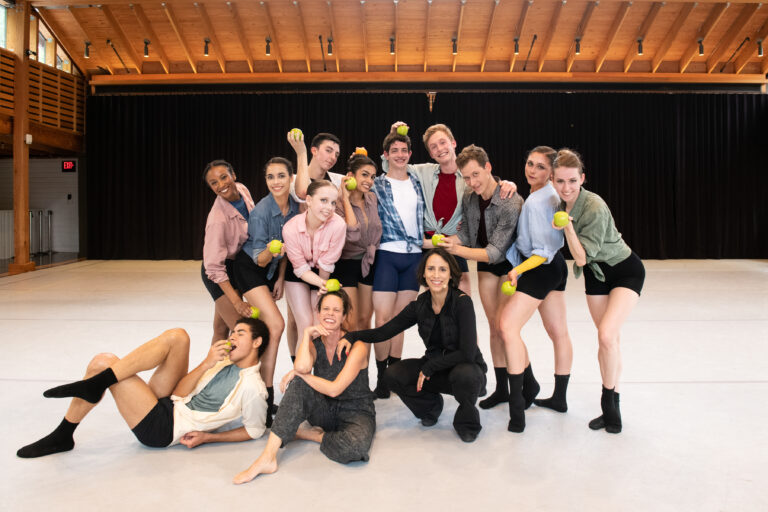
Summer intensives are an enriching part of a dance education, giving students the chance to explore a new city, take classes with renowned faculty, and learn about different dance styles and methodologies. Admission acceptances can open the door to these experiences—and feel like a dream come true for some students. But for those receiving admission rejections, finding out they weren’t accepted to their top program can feel like heartbreak.
This period of emotional ups and downs can also present difficulties for dance educators, who might be in the position of wanting to celebrate one student’s success while simultaneously trying to support a dancer who’s grappling with disappointment.
Sensitivity in the Studio
One way to make the summer intensive decision season go smoothly is to facilitate open and honest communication with students.
Miranda Weese, the interim director of dance at Walnut Hill School for the Arts, recommends having a conversation with students before they start receiving decision news. Talk about the feelings that might come up and the best ways to be sensitive to what other dancers might be experiencing. This type of communication will help set the expectation for appropriate behavior when decisions do start rolling in, Weese says.
“Not everyone is maybe going to get accepted into the program that is on their wish list,” Weese recommends saying to students. “Just be mindful and respectful of your peers when you’re sharing information about it.”

Reframe Rejections
Challenging the negative associations a student might have with not getting accepted to a specific program can help ease bruised feelings and open young dancers up to new possibilities.
Peter Stark, the president and director of The Rock School for Dance Education, uses summer intensive acceptances and rejections as an opportunity to explain the subjective nature of these types of decisions.
“[Dance is] not like a race where one person crosses the finish line—it’s completely based on opinion,” he says, adding “There are many companies, and within those companies, there are many principal and soloist dancers, so there are many people that can succeed—and it’s a match based on opinion.”
Weese adds that reframing a rejection into a positive opportunity can also be helpful for students. A no from a certain program can serve as motivation for next year—or it can be a chance for students to broaden their horizons.
Weese tells students: “It’s not always a negative that you didn’t get into the place that you wanted to—you can still have an incredible experience going away to another summer program. It’s about being in a different environment, being surrounded by dancers who have the same passions and desires that you do, immersing yourself in a different community, making new friends, and having an experience other than the one you typically have on a daily basis.”

Emphasize Agency
It may be easy for students to feel powerless when faced with a rejection from a dream summer program. Stark encourages dance educators to present auditioning as a “two-way street,” much like a job interview. “It’s not just that they pick you, you have to pick them,” he says.
Encourage students to research their programs of choice, as well as others that they may not have considered as heavily, Stark recommends. It may also be helpful to emphasize the importance of asking questions when making decisions about summer intensives, he adds. This way, young dancers can feel agency over their career trajectory and get important information on scholarship opportunities, policies for year-round admission to the school, if applicable, and more.
Offer Open-Minded Advice
As a trusted educator, students will likely seek your advice when making summer intensive application and attendance decisions.
Weese encourages educators to give advice based on each student’s training and maturity level, as well as their personal goals and dreams. For students who are earlier on in their training, she typically recommends a program that might be more familiar to the things they’re learning at their home studio. Then, after a student matures, Weese encourages branching out.
“My advice is always geared toward what’s going to get [a student] closest to [their] dream, especially if that’s to become a professional dancer,” Weese says. “It’s not just about going away for the summer, it’s about which summer program is going to give you the most in your development.”





